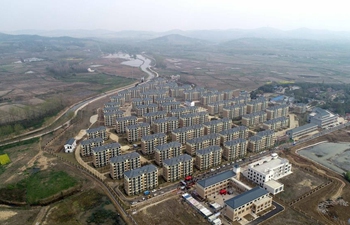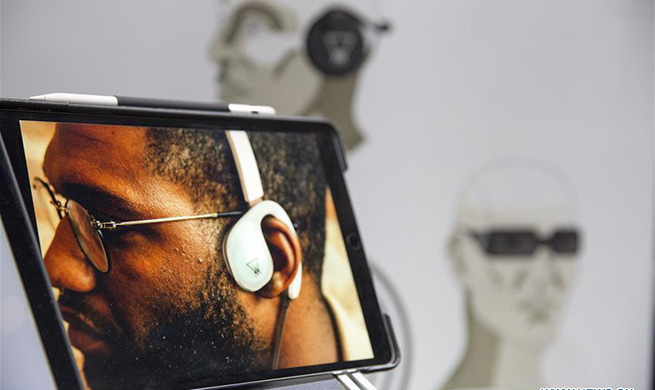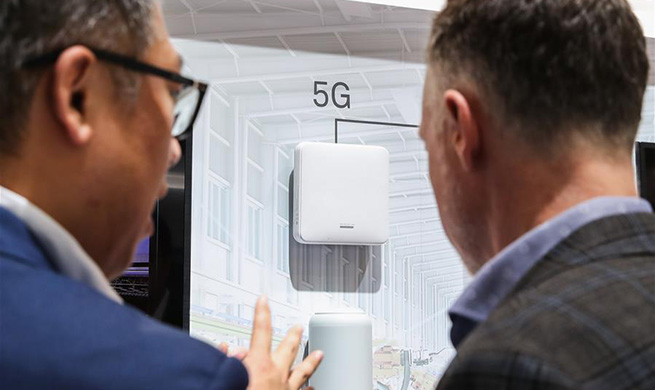by Levi J Parsons
BRISBANE, April 3 (Xinhua) -- A level-five autonomous vehicle that can safely function without a driver will solve "basically all of the major problems of machine learning and AI altogether," Wirelane CEO Constantin Schwaab told Xinhua on Wednesday at QODE -- An Australian technology conference held in Brisbane.
"So once we have a level-five autonomous vehicle, it means that we'll have solved many, many other issues, which will actually drill into areas like medtech and all other fields of research."
While Schwaab admitted there are still some steep technological barriers that need to be overcome before such a vehicle could operate safely in mass numbers on major city roads, the biggest challenges may actually come from elsewhere.
"People have profound fears of machines taking over and losing control," he said.
"And what I find quite interesting, irrational as we are as human beings, you would never question that when you enter a plane."
"When you step on the plane, you feel almost completely safe, but guess what? Planes always fly autonomous. The pilot only takes over in a situation of extreme risk, which hardly ever happens but we don't feel uncomfortable."
As the implementation of self-driving cars steadily increases around the world, many experts including Schwaab theorize that not only will the way we travel change, but so will the way we think about transport.
The concept of purchasing a car, parking it in a garage and driving it when needed may become a thing of the past.
"What's new is that because of the ability to use smartphones to book cars, to have vehicles that move like bits versus atoms, that means what will most likely happen is the cost for usage will decrease dramatically."
"So if a car is used 90 percent of the time versus 5 percent of the time as of today, it means that we can all move at a lower cost and this will transform the sector as a whole."
While this may be good news for consumers and the environment, it may not sound so positive for traditional car manufacturers.
"I think they're just not prepared for that yet. But the entire industry is changing and the way we move is already getting much cheaper and much more flexible."
Despite the roadblocks autonomous vehicles may face on their journey to market, Schwaab remains adamant the technology will be implemented sooner than most people suspect.
"I think it's impossible for any industry to set up a barrier, no matter how big the industry. They're still too weak to set a barrier for such a revolution like autonomy," he said.
"I made a promise to my kids that they won't need a driver's license."
"My oldest is seven, so we'll see if that takes place in the next 11 years or so."












